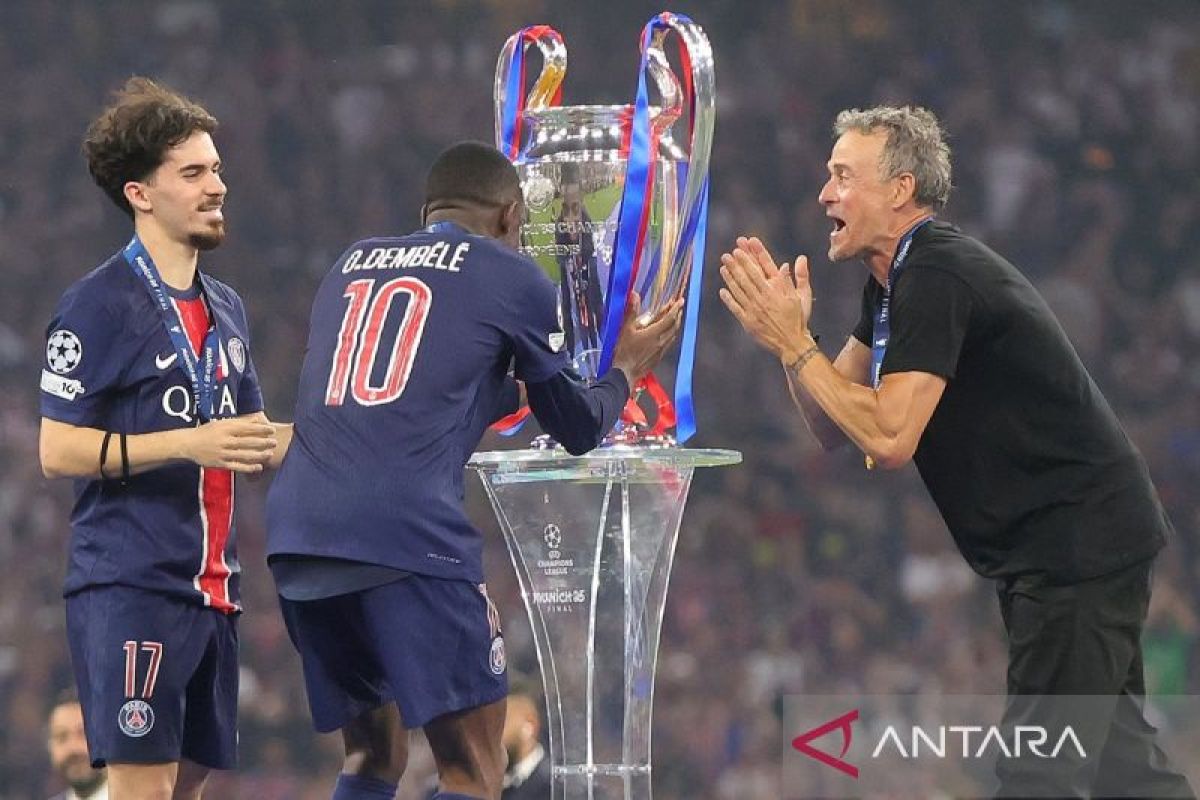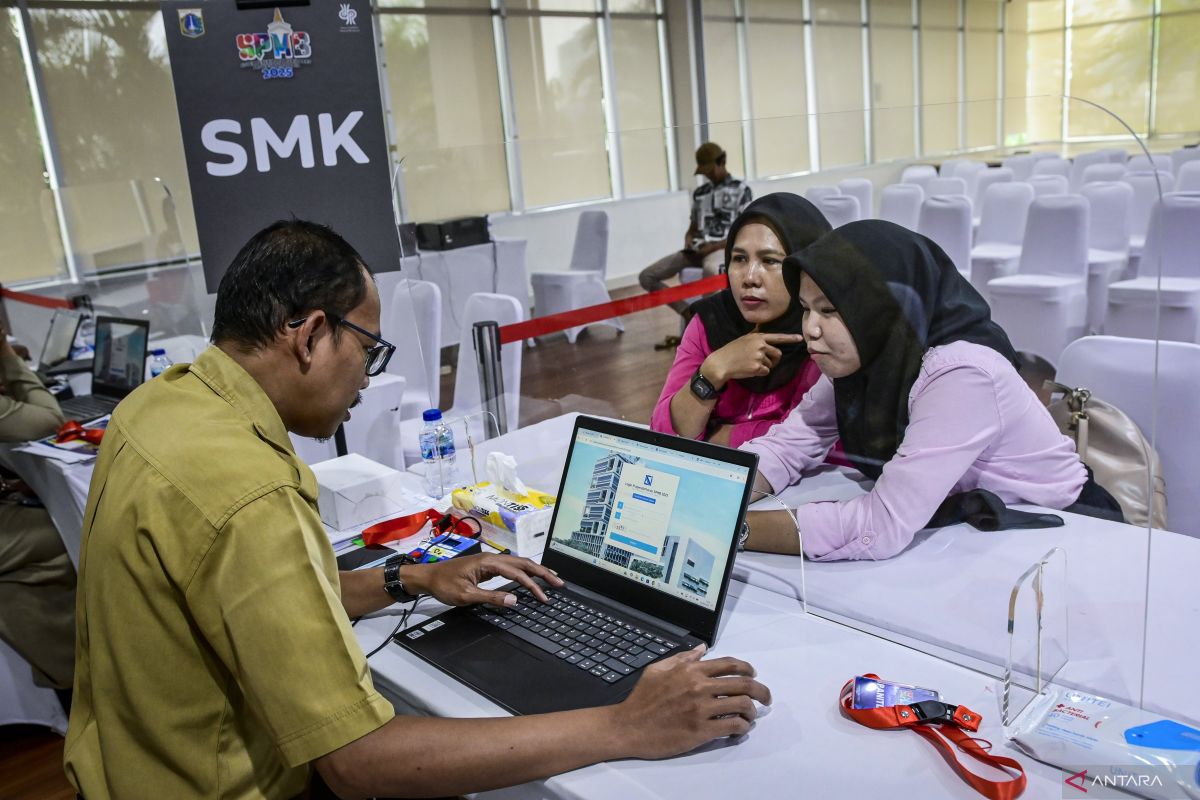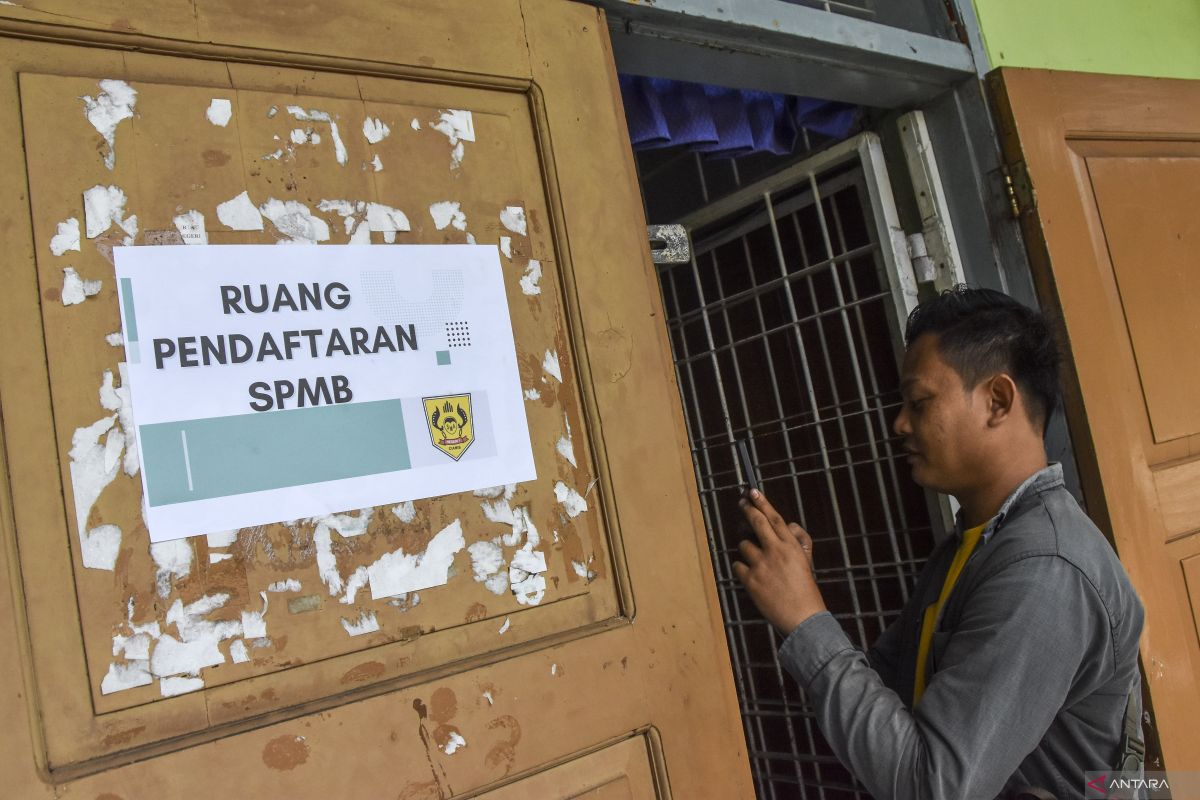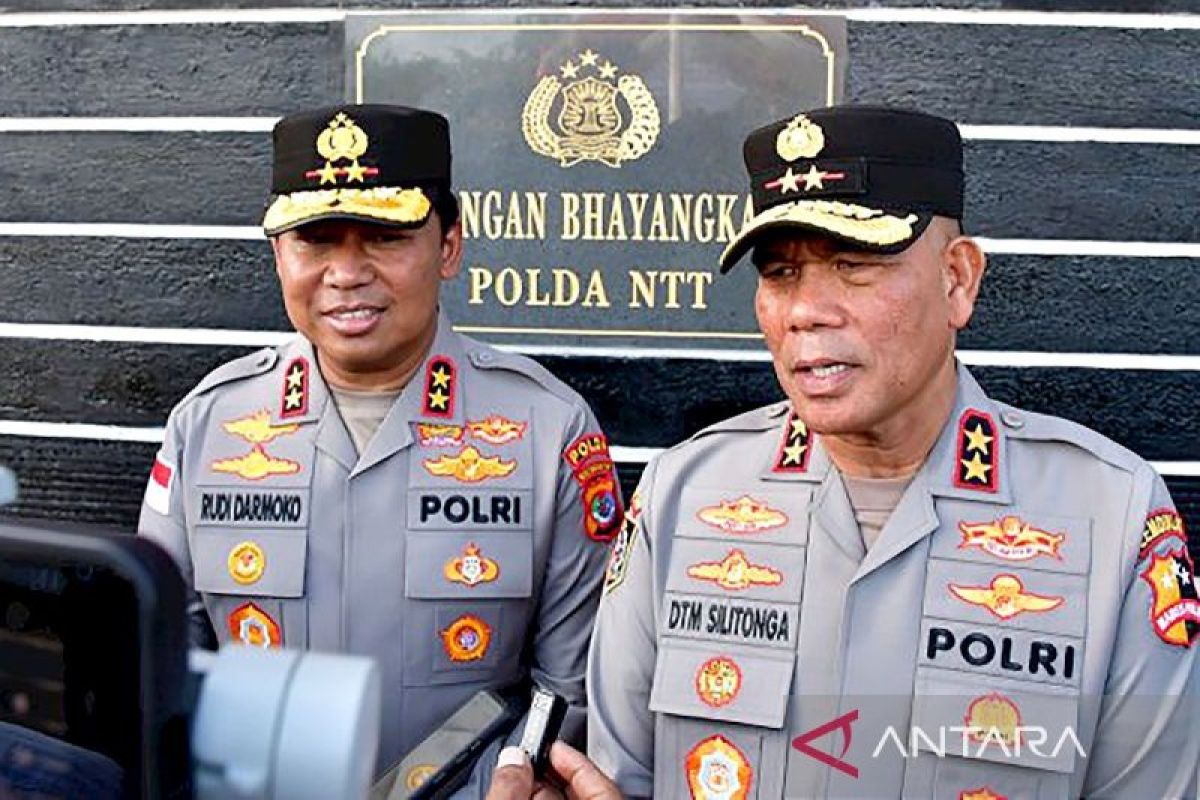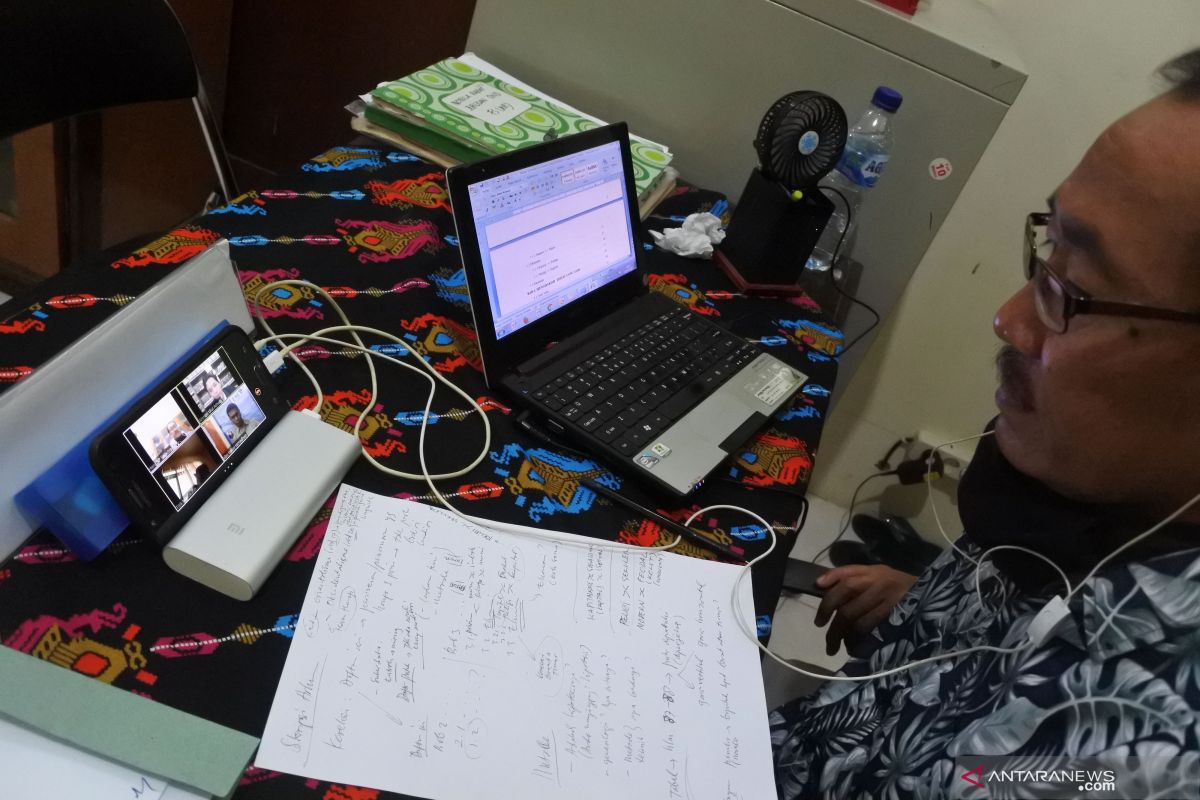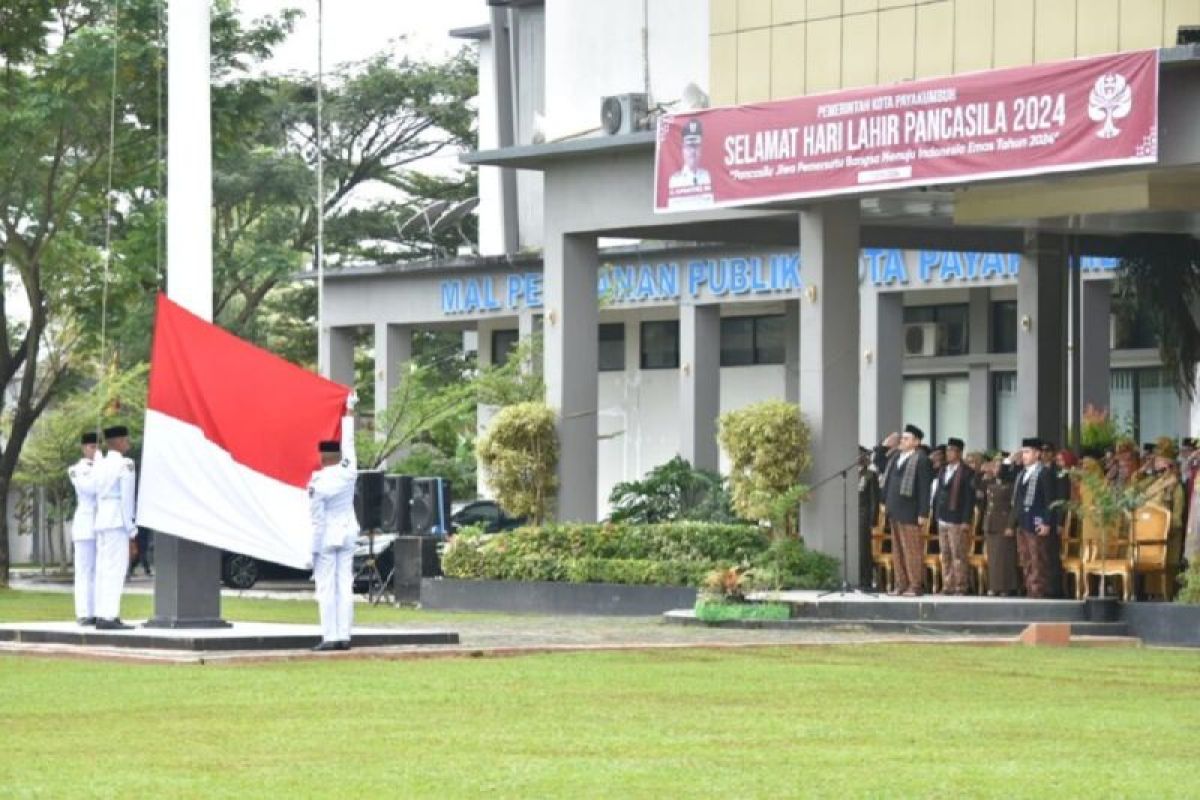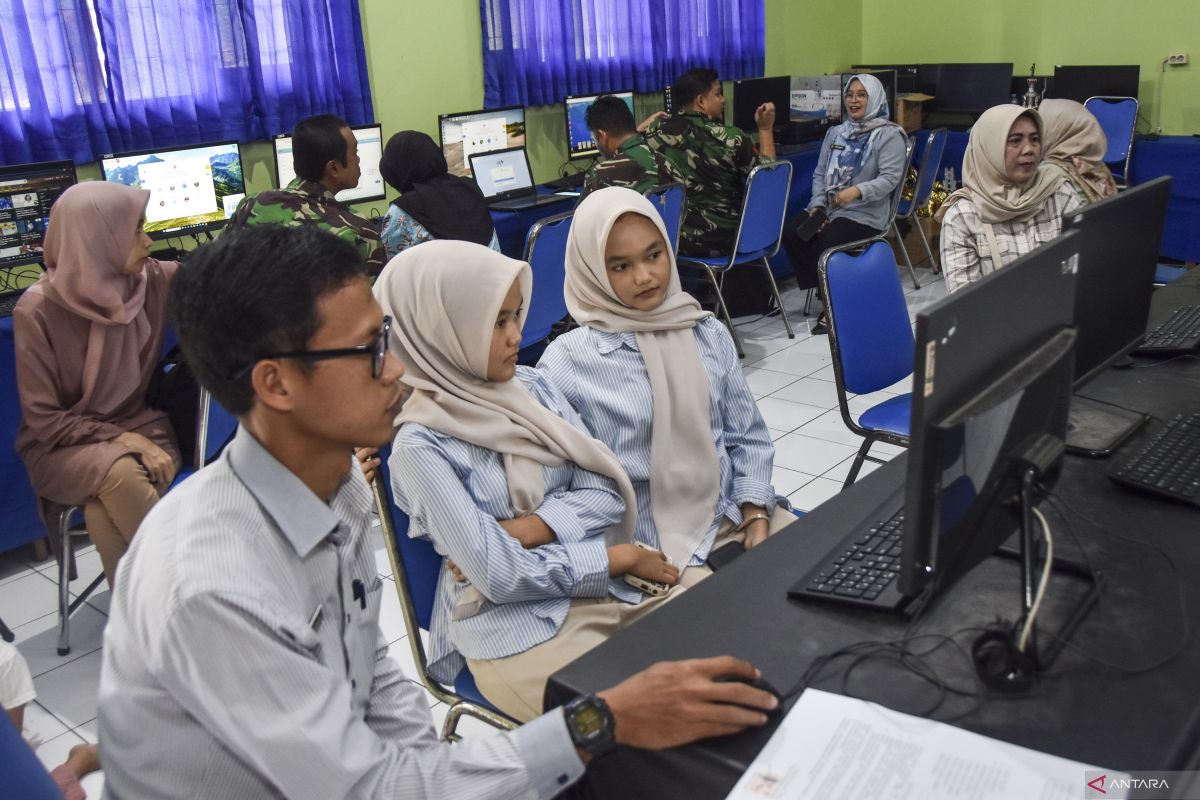He dominated rugby league and broke through barriers as the only footy star in history to come out as gay, but there was one battle that Ian Roberts could not win – and it cost him dearly.
The former South Sydney and Manly hardman has forged a successful career on film and on stage since retiring from footy, and continues to champion LGBTQIA+ people from all walks of life.
He is known for his strength, physically and for having the character to stand up to the slings and arrows that he wears in order to shield those that are more vulnerable.
But Roberts carries a terrible regret in his heart that dates back almost 30 years, when he took in a troubled street kid in Sydney who was allegedly murdered before he could give evidence in an inquest into an alleged paedophile ring.
Arron James Light was just 17 years old when he disappeared in 1997, only days before he was due to give evidence in a sexual assault trial involving Frederick George Rix.
His body was found five years later in a shallow grave beside the Alexandria Canal in inner Sydney, wrapped in a tarpaulin and bearing at least six stab wounds.
Ian Roberts has opened up about the personal cost of a friendship that ended in tragedy and changed his life forever
Roberts met Arron Light (pictured) in 1990 while visiting children in hospital during his decorated footy career
Roberts (pictured playing for Manly in 1995) took in the vulnerable teenager and gave him a brief window of safety and support
Arron had been living on the streets and was taken in by Roberts, who later gave evidence at the Glebe Coroner's Court.
Roberts alleged that Rix, a former masseur, was responsible for Arron's murder, telling the inquest, 'I could have saved that boy's life … I feel that I could have saved that boy's life.'
Roberts also claimed that he had also been sexually abused by Rix at the age of 15 and described the emotional toll of reconnecting with those memories during the inquest.
Arron had been considered a key witness in a police investigation into a suspected paedophile network referred to as the 'Circle of Friends'.
His testimony never made it to court. When he failed to appear, the case fell apart.
Rix, 81 at the time, denied any involvement in Light's death, and the coroner found there was insufficient evidence to charge him.
Today, Roberts still carries the scars of Light's murder and opened up on how he believed he could have saved the teenager's life on the I Catch Killers podcast.
Roberts first met Arron around 1990 while visiting Camperdown Children's Hospital, where Arron, aged nine or 10, was being treated for a serious knee injury.
Roberts arrives at Glebe Coroner's Court in 2006 to give evidence at the inquest over Light's death
Frederick George Rix (pictured) denied any involvement in the teenager's death and the Coroner ruled there was no evidence suggesting he was involved
He described the boy as 'in this medieval contraption ... had it all in traction,' but despite the situation, Arron was 'really cheeky' and had 'a real sense of humour.'
Though not a football fan, Arron and Roberts formed an unlikely bond, and Roberts would visit him every few weeks just to say g'day.
After Arron left hospital, he kept in touch by phone, occasionally checking in to say, 'How you going?'
Roberts only saw him once or twice in the years that followed, including taking him to a movie and meeting his father.
In 1993 or 1994, they crossed paths again on the street, and Arron revealed he was living rough between Kings Cross and Bondi.
A distressed Arron called Roberts one night and said he was staying at a 'hostel' in Bondi, which turned out to be a squat in a derelict house.
Roberts found the place in terrible condition, with Arron and a few other young men living there.
Roberts told him, 'Grab your stuff, mate. Come, you come and stop with us for a while.'
The young man’s death became a haunting chapter in Roberts’ life, one he still carries heavily
At the time, Roberts lived with his partner Shane and flatmate Kirsty, who was already helping Arron with laundry and support.
They allowed Arron to move in on the condition that 'you have to go to school' and 'you have to reach out to your mum and dad'.
But just when life seemed to be stabilising for the teenager, police made the shocking revelation that would change both of their lives forever.
'The police rang me one day, asked if they could come around and see me,' Roberts recalled.
'My head was spinning because they basically said that he was caught up with in an [alleged] paedophile ring. He'd [been] checked at [alleged] paedophiles' houses and that type of thing.'
Roberts was faced with an impossible choice: confront Light over the allegations, or turn a blind eye and potentially let it continue to happen. He said he regrets the decision he made to this day.
'Given my time over again ... I would have done exactly the opposite to what I ended up doing. I said that I would talk to him,' Roberts said.
'Knowing what I know now, I just wish that I said to the police officer that day, "I'm not going to bring this up to him, he's in a safe space now, he's working too, I'm not going to destroy his life".'
Roberts last spoke to Light on the phone while he was in North Queensland playing for the Cowboys (pictured)
'If I had said nothing to Arron, I'm sure that the boy would still be alive today.
'He trusted me, loved me, he so respected me, cared about me, yeah, and I ... I just let him down.
'That conversation with Arron changed everything after that because he agreed to make statements and I went to Townsville.
'I just wanted to get out of Sydney ... he went downhill terribly.'
The last time Roberts spoke to Arron was while he was in Townsville preparing for the Super League Tri-series in 1997, the equivalent to the ARL's State of Origin.
'I was just packing my bags, getting ready to leave Townsville to go into camp, and I got a phone call off a policeman,' he said.
'Arron had been arrested again, for stealing. And he wouldn't talk to police, the only person he'd talk to was me.
'They'd phoned me up and put him on. And I was trying to calm him down.
Roberts remains a champion for LGBTQIA+ people after becoming the first and only NRL player to come out as gay
'But he was screaming. And he was angry at me by that stage as well. Which he's quite entitled to be.
'I just felt like he was alone. He was saying that stuff and I was just trying to convince him to cooperate with the police.
'He was seeing a lawyer that I put him in touch with.
'He disappeared three days later.'
Light's skeletal remains were found at St Peters in 2002, five long years after that phone conversation.
Roberts was able to identify the body because of the knee injury Arron had been battling when they first met.
What keeps Roberts going is the memories of the happy days they had together, and the brief window during which Arron felt safe and not abandoned.
'Every time people speak about Arron they talk about how tragic it was,' Roberts said.
'He was such a good kid, he was such a lively, funny, cheeky – he was more an adult than I was.
'I like the fact that a nine-year-old laying there in hospital can give it to you, big tough footballers coming in and he'd give you cheek.
'He was just a good soulmate. People have said, people smarter than I have said, well good on you for, you know, making his life good for a period of time.
'I feel very fortunate that I met him.'

 3 months ago
21
3 months ago
21






























